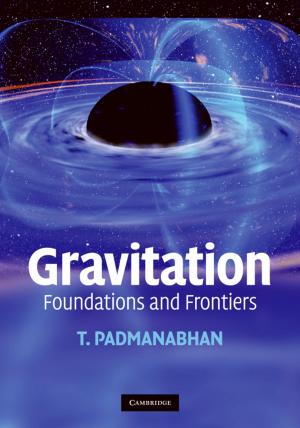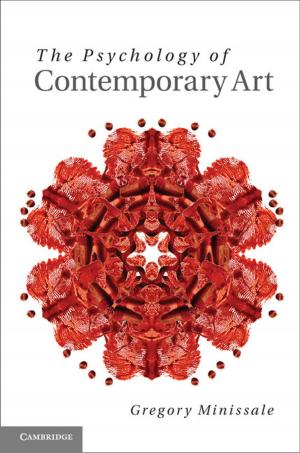Interpreting Figurative Meaning
Nonfiction, Health & Well Being, Psychology, Cognitive Psychology, Reference & Language, Language Arts| Author: | Raymond W. Gibbs, Jr, Herbert L. Colston | ISBN: | 9781139366472 |
| Publisher: | Cambridge University Press | Publication: | April 16, 2012 |
| Imprint: | Cambridge University Press | Language: | English |
| Author: | Raymond W. Gibbs, Jr, Herbert L. Colston |
| ISBN: | 9781139366472 |
| Publisher: | Cambridge University Press |
| Publication: | April 16, 2012 |
| Imprint: | Cambridge University Press |
| Language: | English |
Interpreting Figurative Meaning critically evaluates the recent empirical work from psycholinguistics and neuroscience examining the successes and difficulties associated with interpreting figurative language. There is now a huge, often contradictory literature on how people understand figures of speech. Gibbs and Colston argue that there may not be a single theory or model that adequately explains both the processes and products of figurative meaning experience. Experimental research may ultimately be unable to simply adjudicate between current models in psychology, linguistics and philosophy of how figurative meaning is interpreted. Alternatively, the authors advance a broad theoretical framework, motivated by ideas from 'dynamical systems theory', that describes the multiple, interacting influences which shape people's experiences of figurative meaning in discourse. This book details past research and theory, offers a critical assessment of this work and sets the stage for a new vision of figurative experience in human life.
Interpreting Figurative Meaning critically evaluates the recent empirical work from psycholinguistics and neuroscience examining the successes and difficulties associated with interpreting figurative language. There is now a huge, often contradictory literature on how people understand figures of speech. Gibbs and Colston argue that there may not be a single theory or model that adequately explains both the processes and products of figurative meaning experience. Experimental research may ultimately be unable to simply adjudicate between current models in psychology, linguistics and philosophy of how figurative meaning is interpreted. Alternatively, the authors advance a broad theoretical framework, motivated by ideas from 'dynamical systems theory', that describes the multiple, interacting influences which shape people's experiences of figurative meaning in discourse. This book details past research and theory, offers a critical assessment of this work and sets the stage for a new vision of figurative experience in human life.















